Features of paper birch
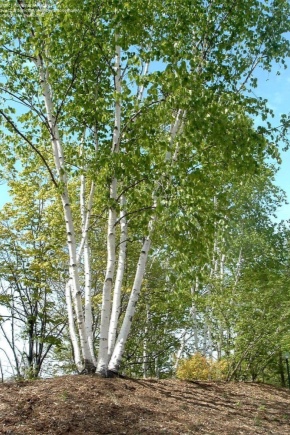
The birch is distinguished by its beauty and graceful shape. There are various species in its genus, one of which is paper birch.
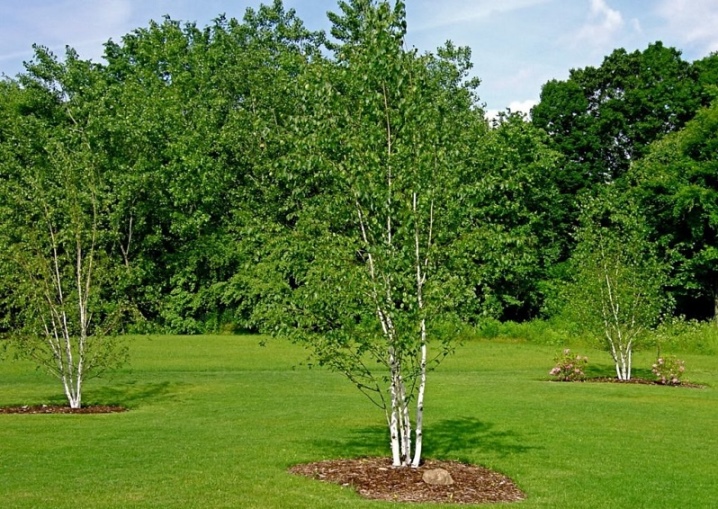
Description
Paper, or American, birch is similar to ordinary birch, but it is distinguished by its enormous height, which can reach 35 m, and the trunk diameter is one meter. It quickly gains altitude, in 10 years it can reach 6–8 m. The trunk and bark are usually white or pink in color. The branches are located upward (unlike ordinary birch), they are characterized by sagging. The bark has a beautiful texture and patterns.
Paper birches have large leaves that turn pale yellow in autumn. The tree trunk holds well in the soil thanks to its wide-spread root system. Thanks to her, the tree is not afraid of strong gusts of wind. The plant is unpretentious, therefore it grows on any soil, except for heavy and dense species. Drained loam is ideal.
Groundwater adversely affects growth, therefore, in such conditions, the tree should be planted on a hill.
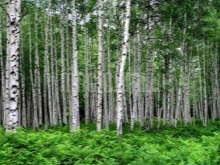
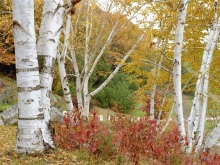
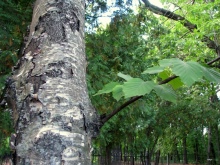
Where does it grow?
Paper birch has taken root well in the central part of Russia. It grows almost everywhere: in parks, courtyards, as well as in summer cottages. She endures cold winters and winds. Birch also actively grows in northern North America and eastern Alaska. Loves different areas in the forest, choosing high points. Grows well in a company with conifers and other species.
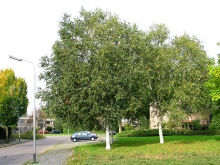
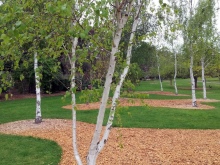
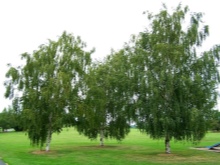
Planting and further care
Birch reproduces mainly by seeds. First, they are determined in a greenhouse, and after the growth of a seedling - in open ground. The best place for planting will be a place on a hill with good lighting without groundwater. Usually, planting is carried out in early spring so that the seedling takes root by winter. Add compost and fertilizer to the prepared hole. Only after that, the tree can be placed in a recess and sprinkled with earth, then watered well.
To prevent the wind from spoiling the shape, you can fix it to an even support. The first months you need to water the plant 2 times a week, then reduce watering. Periodically, you need to remove weeds and loosen the soil around the trunk, remove broken and dried branches. Thanks to this, the tree will grow freely and take on a beautiful shape.
The further life of a birch practically does not depend on a person, since it takes root well and itself adapts to natural conditions.
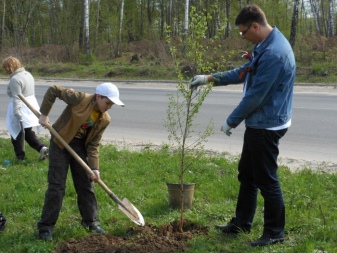
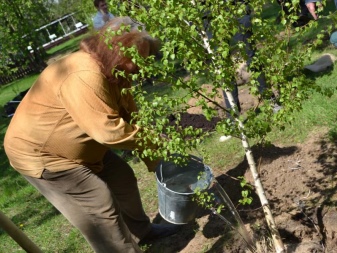
Diseases and pests
Paper birch is susceptible to disease that occurs on weak trees. This is a tinder fungus, the spores of which appear in the damaged bark and begin to develop there. If a young plant is sick, then its life growth is greatly reduced. After 3-4 years, it may die. Mature trees have strong immunity, but in order to stop the reproduction of the infection and infect other plantations with it, it is better to cut the diseased tree. Infection is not always possible to determine, since the leaves are first exposed to the disease, they take on a silvery color due to poisoning with toxins that the fungus secretes. Over time, red mushroom caps already appear on the trunk. To combat the disease, it is necessary to completely remove the mushroom from the bark and treat the cut with fungicides.
Also, the tree can infect a fungal disease, the causative agent of which is the Taphrina marsupial fungus. First, it appears on the branches, and then digs into the trunk and forms a mycelium. It develops rapidly, irritates the tree and forms shoots.They are distinguished by leaves with a waxy bloom, consisting of fungal spores. This disease is called "Witch's Broom".
It is not dangerous for the life of the tree, but it radically changes its decorative qualities.
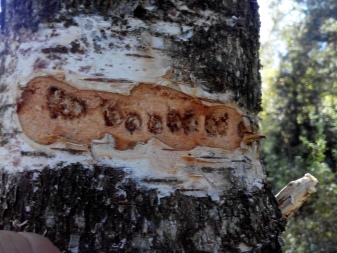
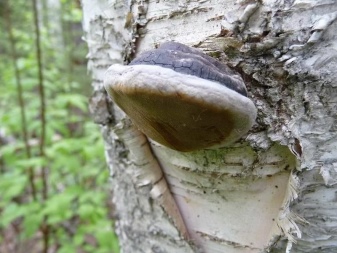
One of the diseases is powdery mildew, which is the most common. Its spores form on any of the deciduous plants. Infection begins in early summer. It can be detected by a white, cobweb-like bloom on the leaves, as a result of which they die off, and the fungus passes to young shoots. In August, fruiting bodies are already formed, which are visible on the leaves in the form of dark dots. Powdery mildew does not die on its own, it winters favorably and in the spring again begins to infect the plant.
In the spring, dropsy can form on the bark of a birch in the form of small swellings, inside of which there is a liquid with an acidic odor. In these places, the tree begins to die off, cracks with torn edges form. The top of the tree begins to dry out, and after a couple of years it completely dies.
The fight against this disease is very difficult, as the disease is carried with the wind.
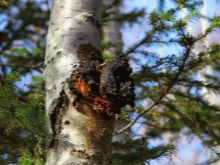
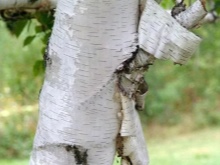
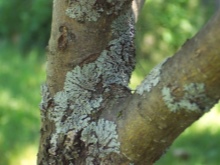
Scope of application
The use of paper birch is diverse and depends on the region of its growth. So, in the northern states of America, birch bark is widely used, thanks to which moose feed in the winter season. They also cover the outside of the canoe with bark to keep water out.
In Russia, paper birch is used for landscaping parks and squares. She creates a beautiful green look in large landscape compositions. Looks great in single plantings and in a company with other plantings.
Its wood is used to create souvenirs and other small crafts, is a decorative material in creative activities.

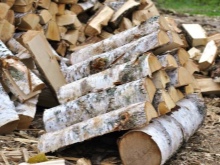
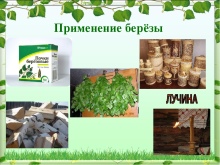
You can find out interesting facts about birch from the video below.



































































The comment was sent successfully.